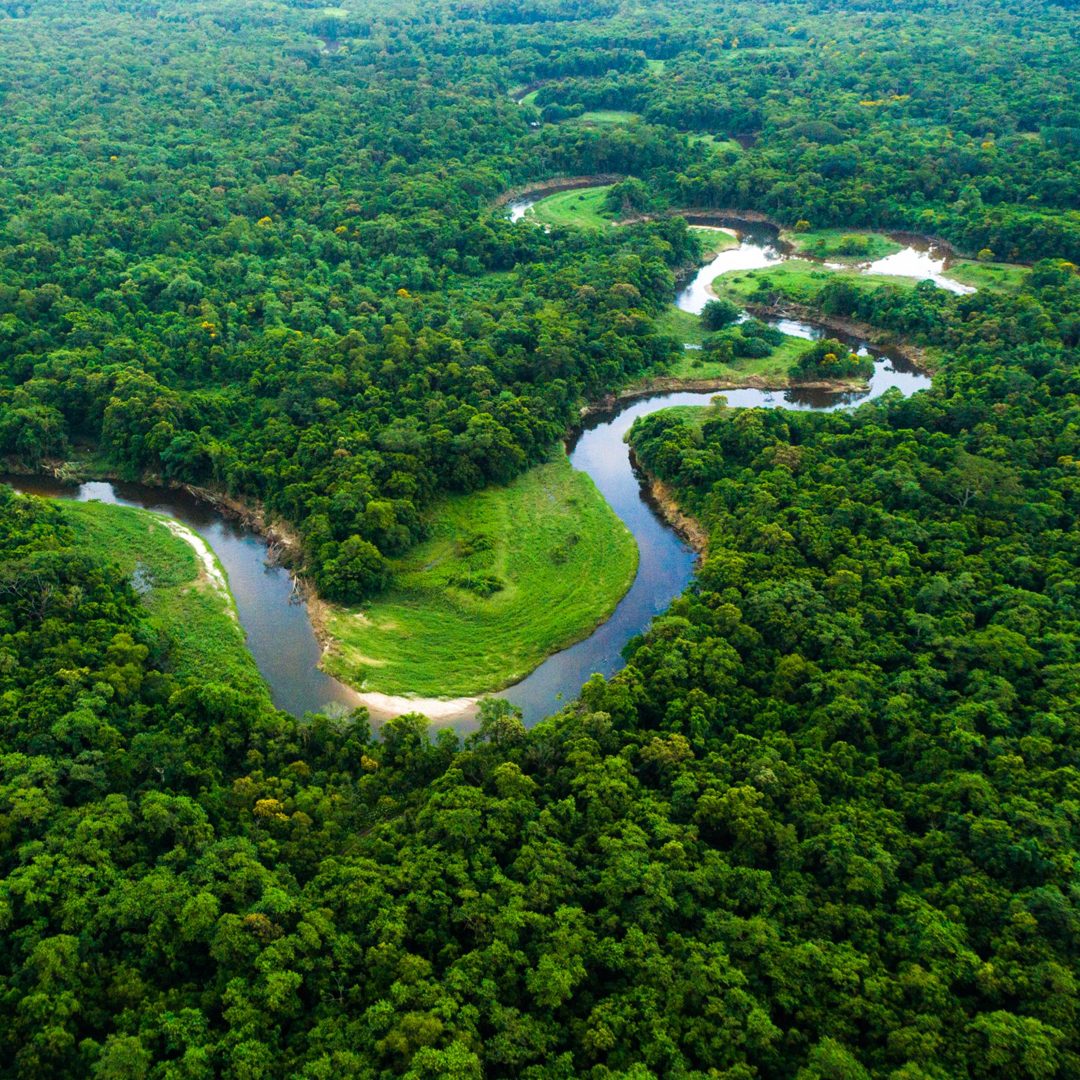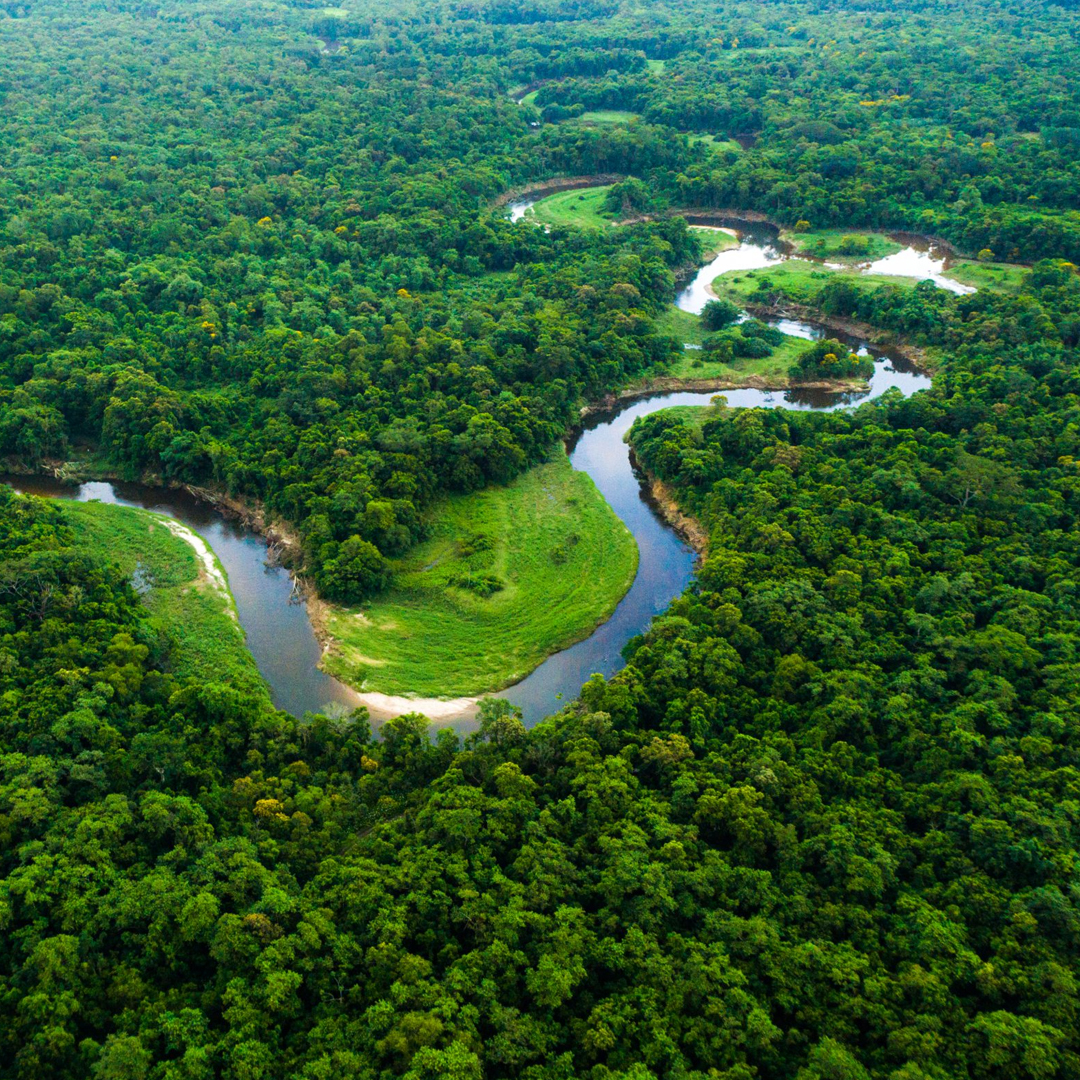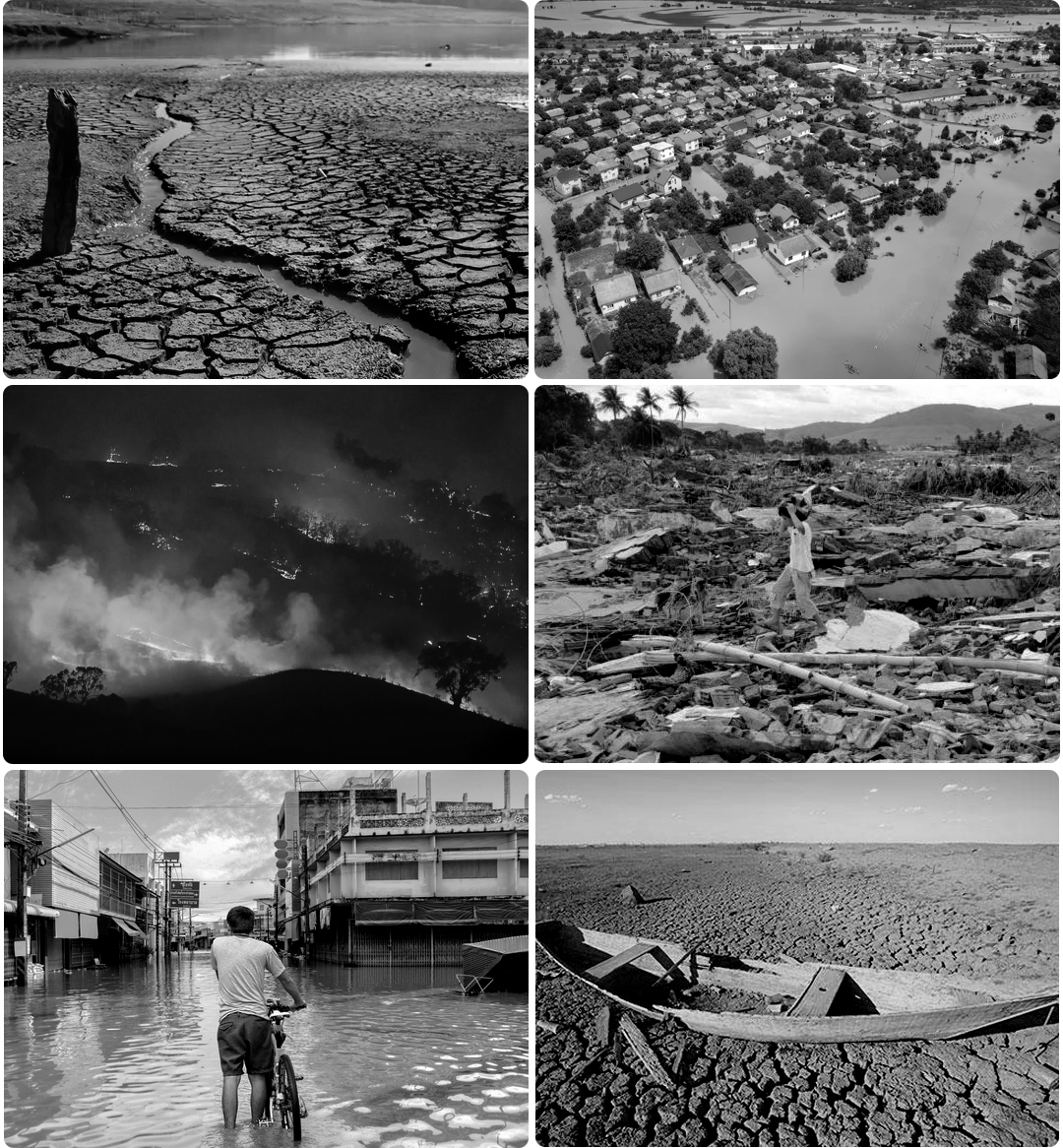The Intergovernmental Panel on Climate Change (IPCC) Assessment Report warns that if urgent action is not taken to stabilize greenhouse gas emissions by 2100, the global temperature increase will exceed 2°C of pre-industrial levels. o aumento da temperatura global excederá 2ºC dos níveis pré-industriais.
Tackling Climate Change and its Impacts

Tackling Climate Change and its Impacts

Start » Our Causes » Tackling Climate Change and its Impacts
Climate change is a global emergency that transcends borders, negatively impacting all of humanity.

Changes for a Net Zero World.
Shifts to a climate-neutral economy require cooperation and coordinated solutions at all levels, in particular, aiming to substantially reduce greenhouse gas emissions to limit the global temperature increase this century to 2°C, as efforts are sought to further limit the rise to 1.5ºC, in order to mitigate climate change, strengthen resilience, and improve skills to adapt to climate impacts for this century and beyond.
According to the UN, if we are to limit the increase in global temperature to below 2ºC, it is essential that the world transform its systems for energy, industry, transport, buildings, food, agriculture, and forestry.
Actions for a Sustainable Future
Halting the negative impact of global warming has become pressing for all of society individually. The efforts are not small, but there is a need for all nations to embrace this cause, by fostering policies to encourage the use of technologies and solutions with low or zero net emissions, such as: renewable energy; batteries and energy storage; sustainable fuels; hydrogen; circular economy; innovation in industrial processes; sustainable agriculture; carbon storage, capture and removal, from decarbonization technologies (CarbonTech); and of course, forest-based solutions.
At present, the investments in favor of a low-emission economic system (also known as a low-carbon economy) are varied, and all involve the decarbonization of the global economy, with a view to ensuring a better planet for present and future generations.



The world is now warming faster than at any time in recorded history. According to Greenpeace, greenhouse gas emissions have increased over the past 10 years faster than during the entire period between 1970 and 2000. This means that if humanity does not control the emissions of these gases, beyond the interests of individual nations, we will most likely face catastrophic environmental, economic, and social consequences.